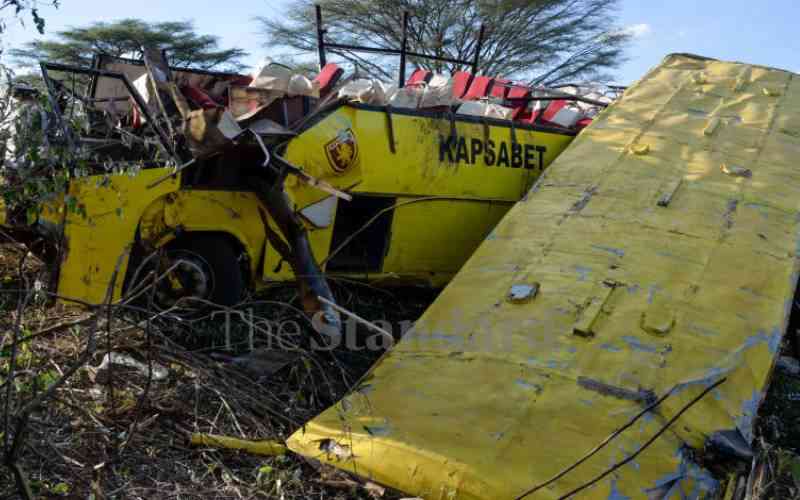×
The Standard e-Paper
Smart Minds Choose Us

In a bid to curb accidents, the National Transport and Safety Authority (NTSA) is proposing new measures to enhance safety.
The draft statutes lined up for public participation are contained in the Traffic (School Transport) Rules, 2024 and NTSA (Operation of Commercial Service) Regulations 2024.